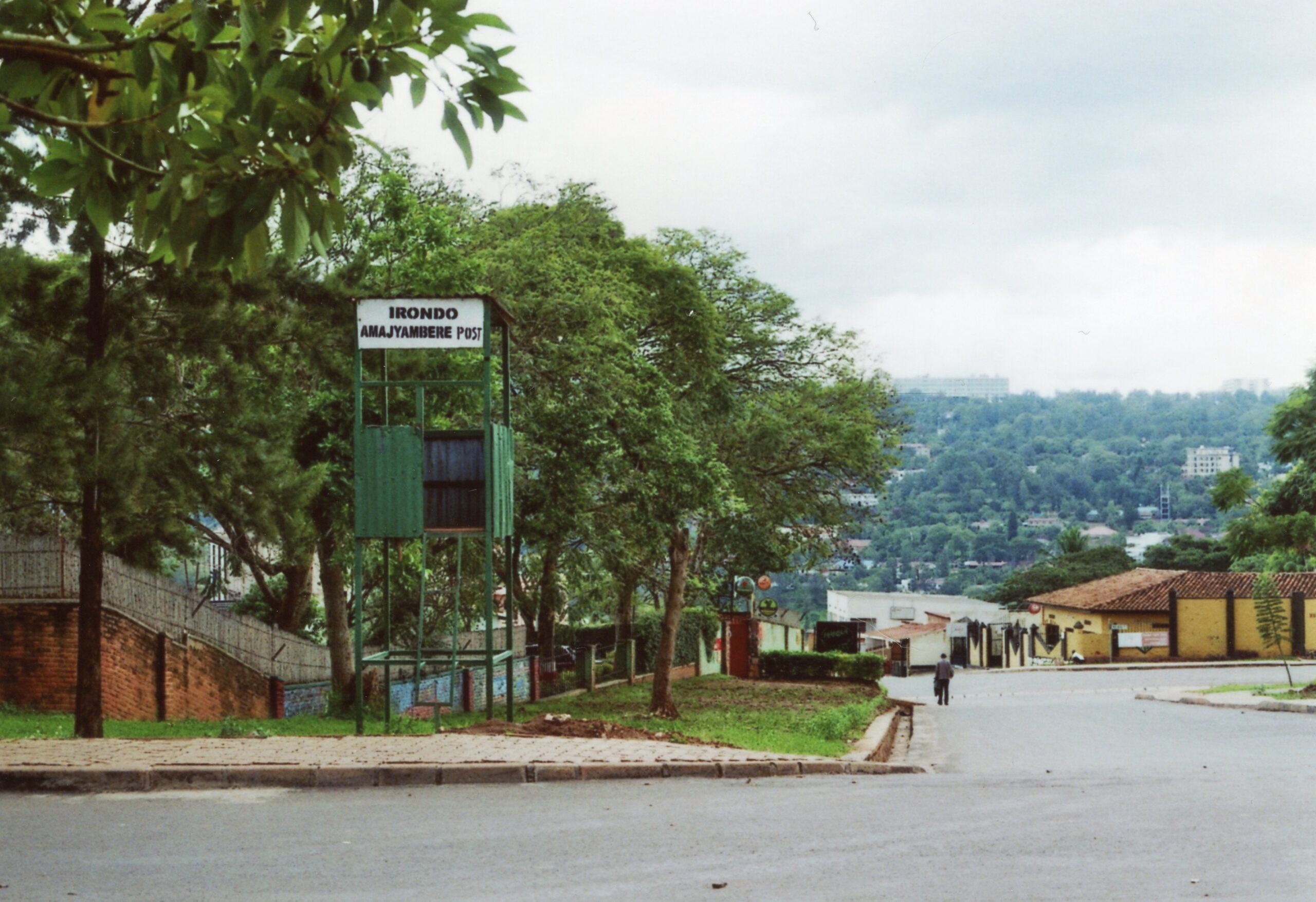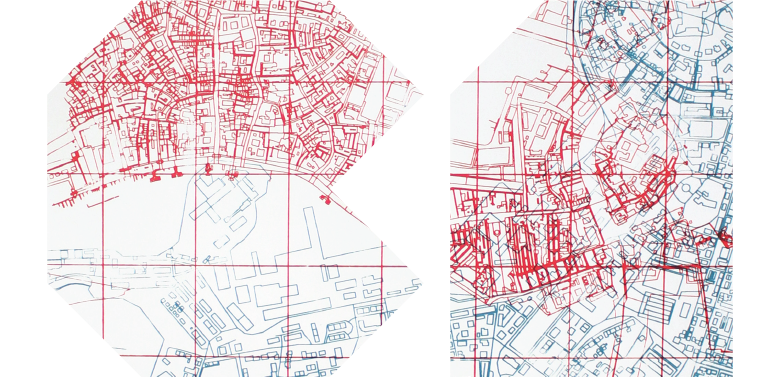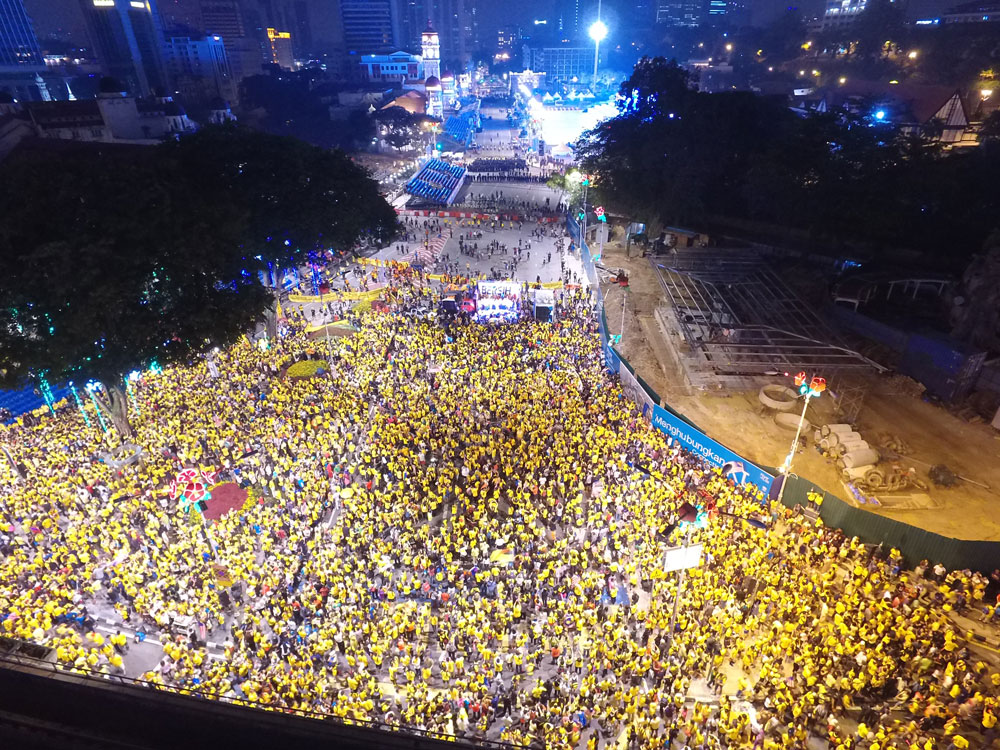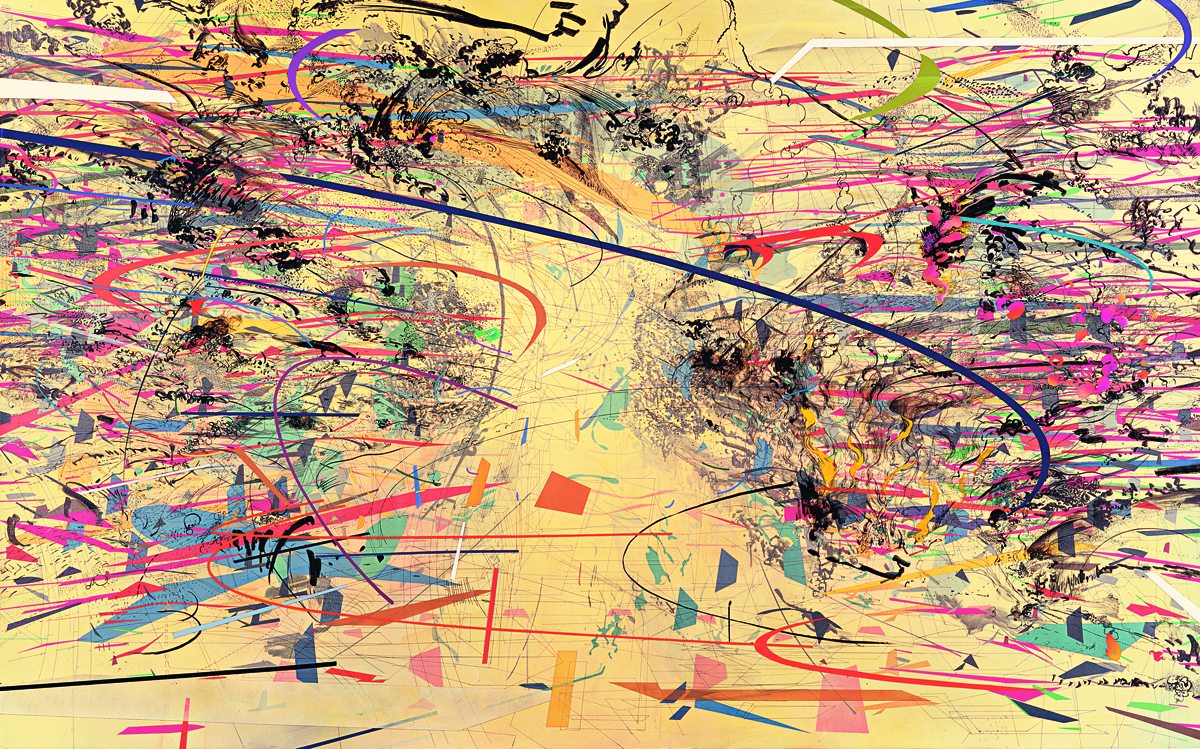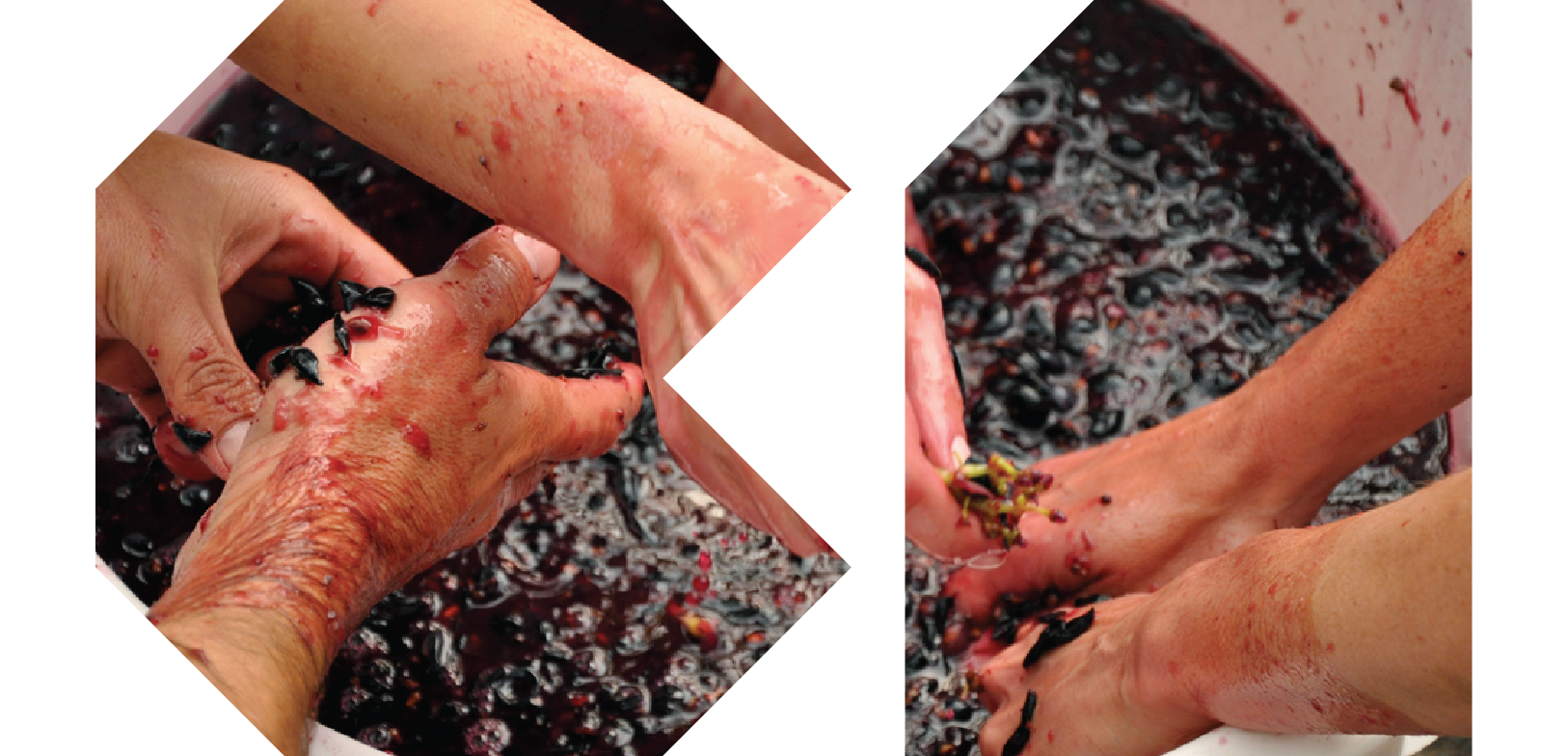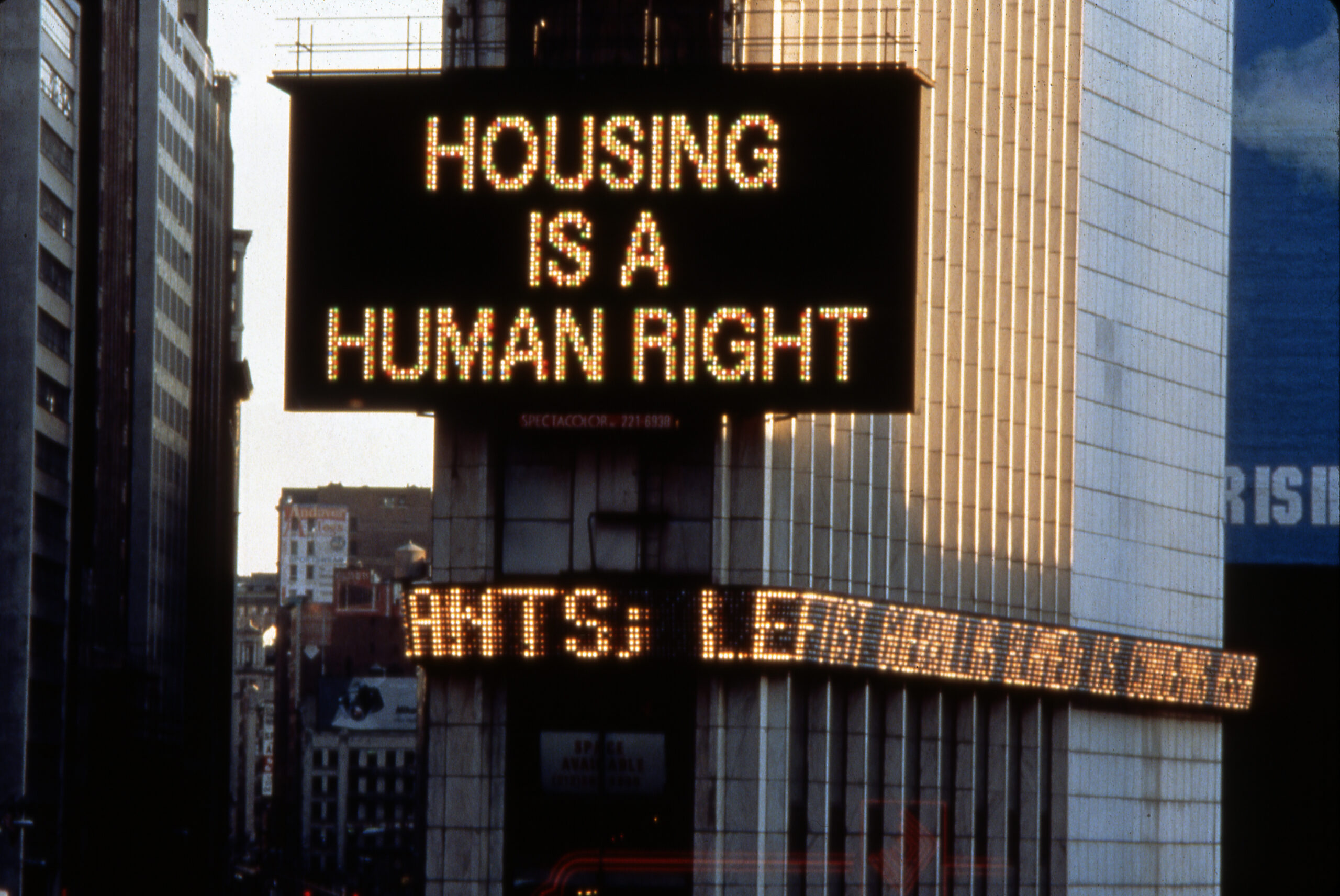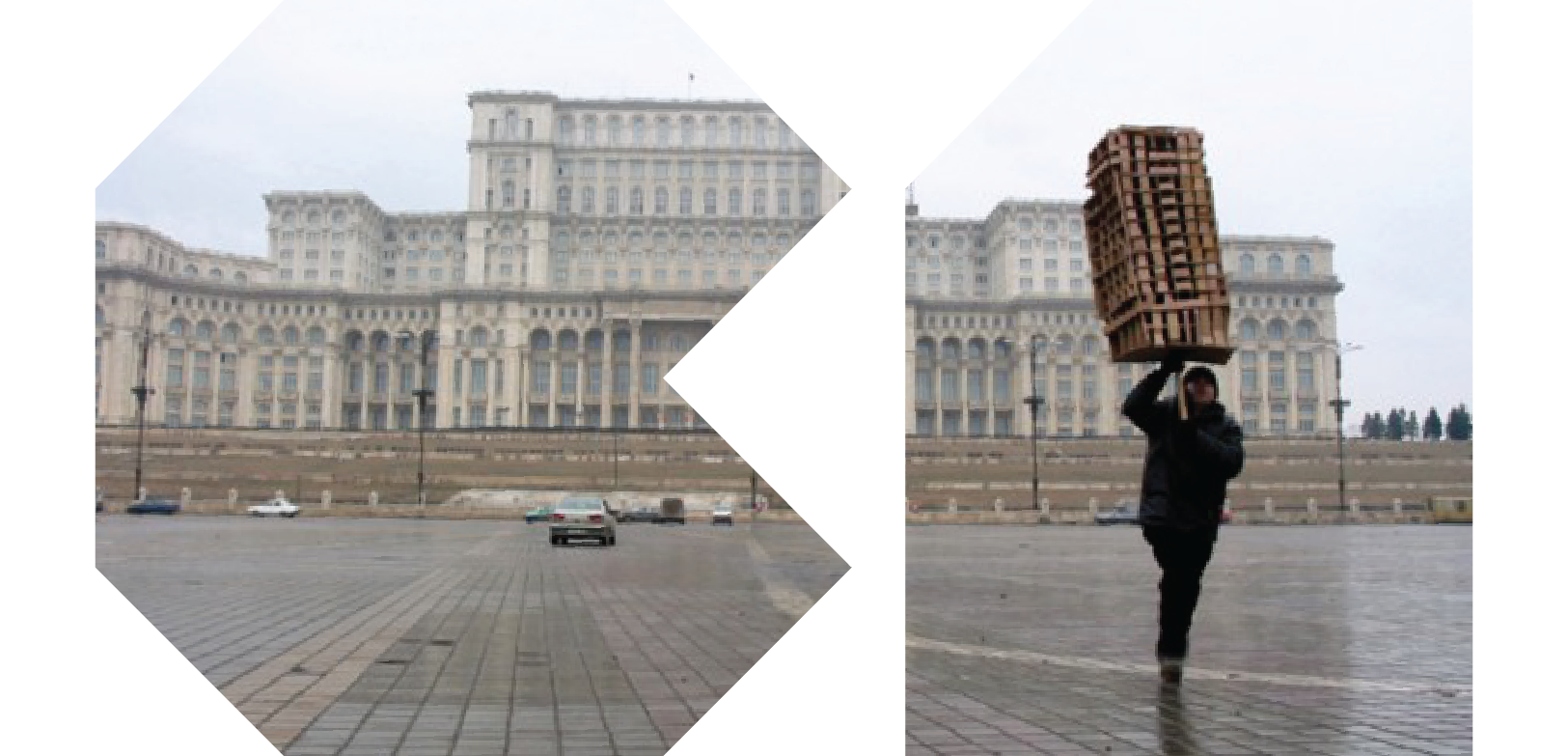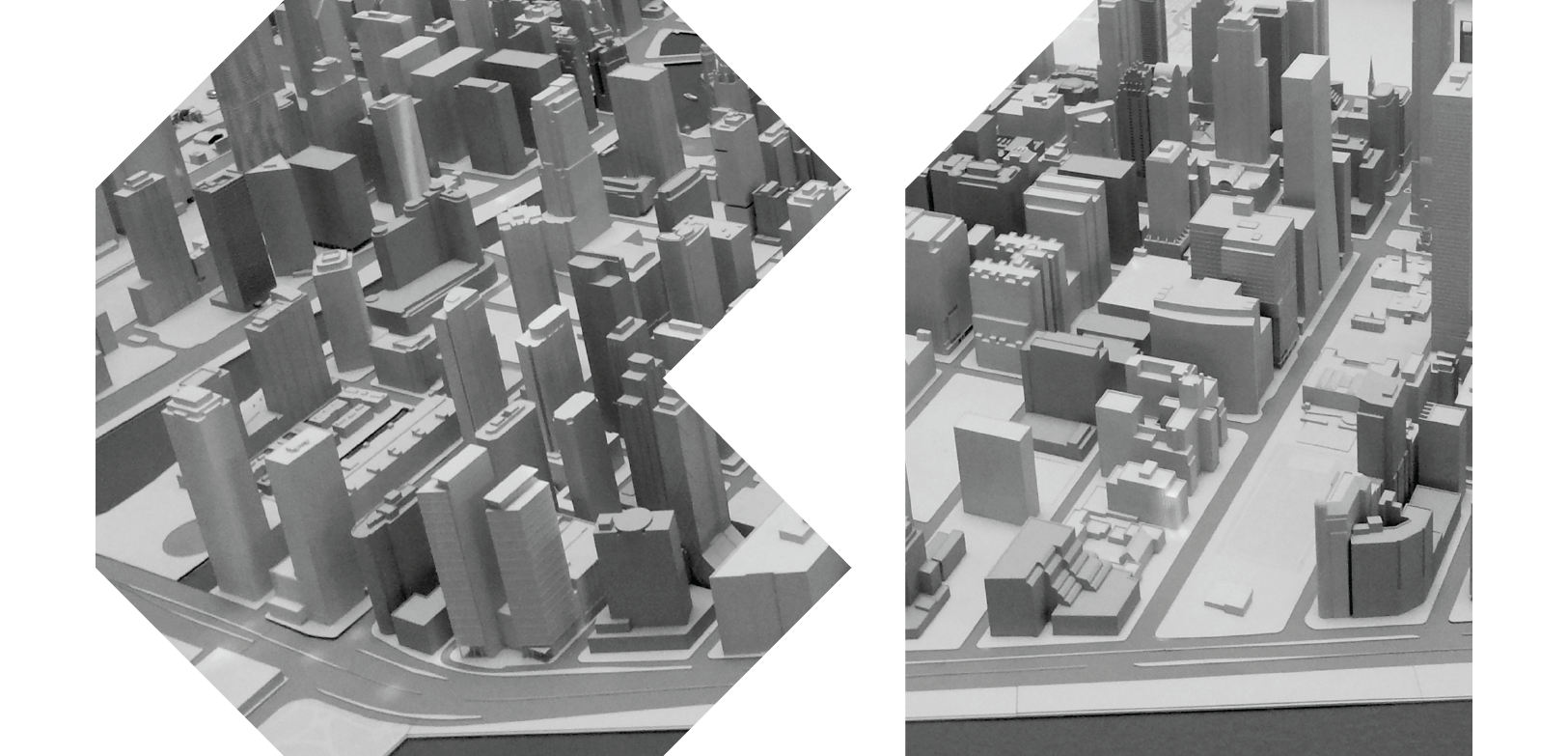Article: Critical Imagination
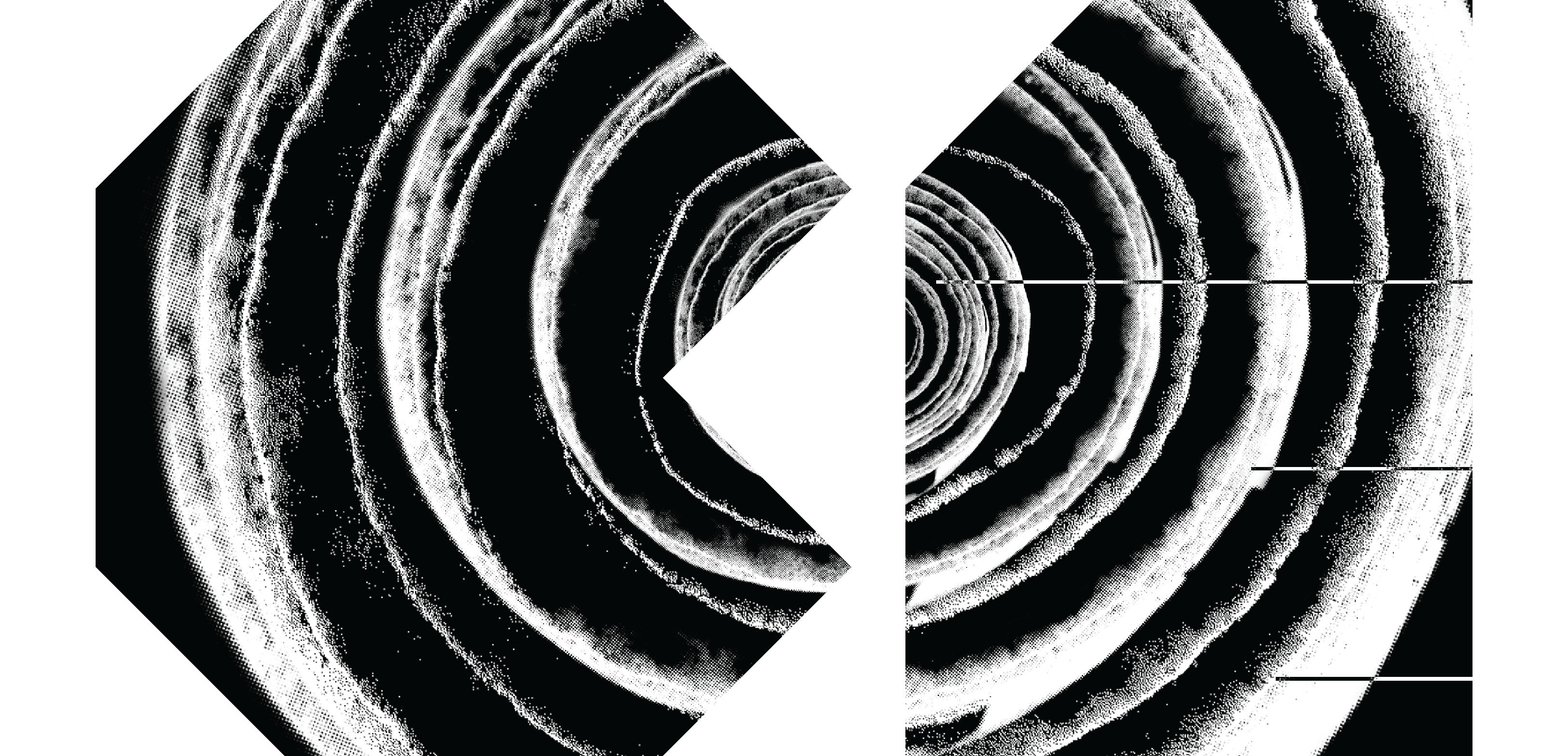
The Racism Onion
The racism onion has discrimination at its core. You do not need to be American to be moved by the seismic events that shook cities and mobilized people around the world in response to police brutality against Black people in the US in the summer of 2020. However, if you have ever been subjected to […]
